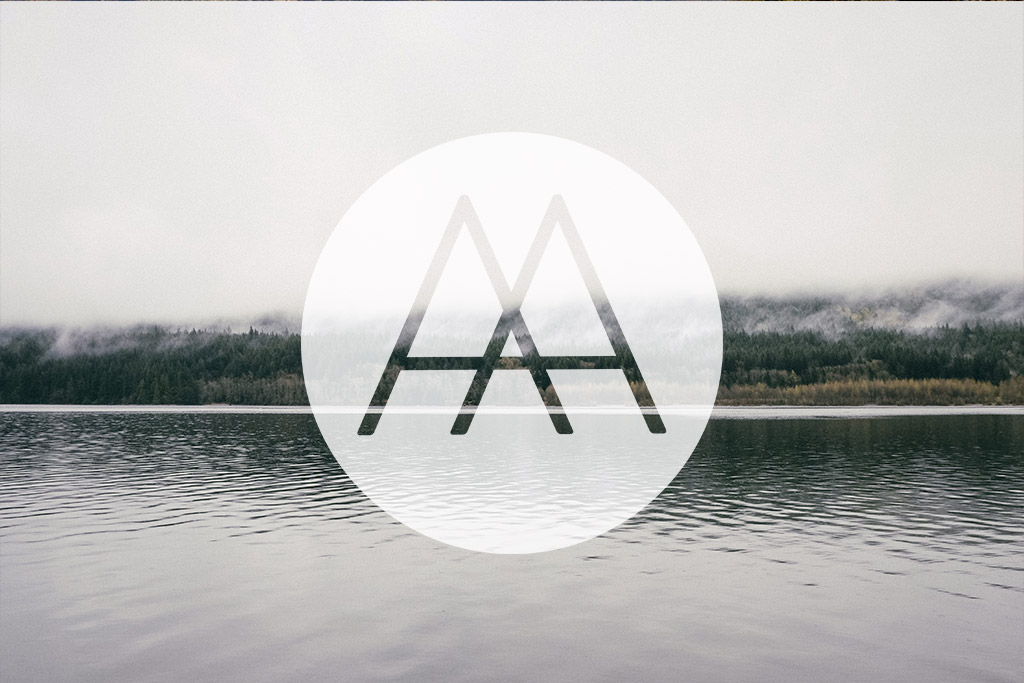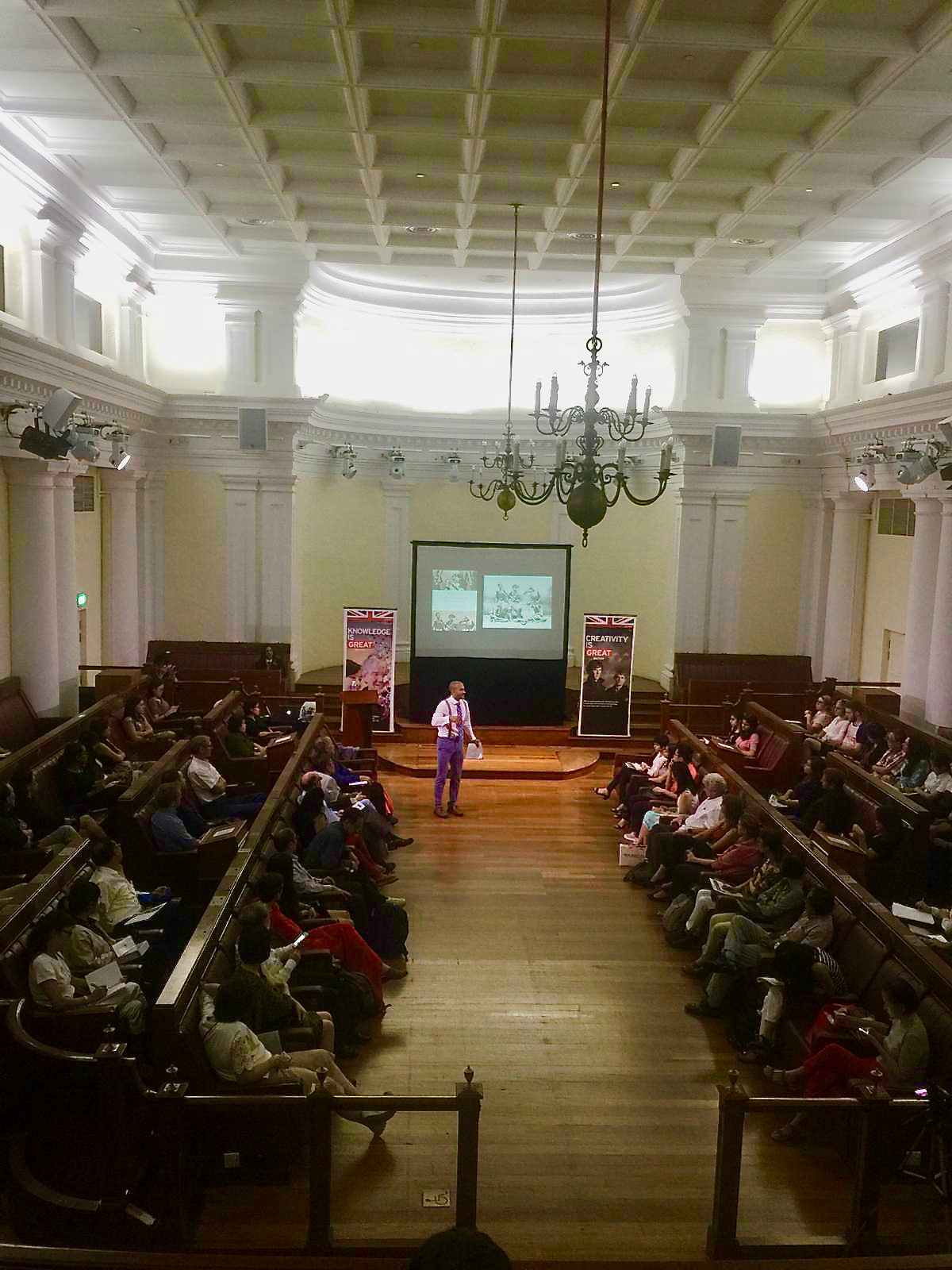
Launching a Podcast
1- Academics are lucky. Our ‘job’ is principally to learn about the world and then to communicate this to audiences at large. It does not get much better than that. There are shortcomings of course: neoliberalism is wrecking working conditions, the streamlining of research and teaching by professional managers is undermining the spirit of these pursuits, and massification translates into greater distance between students and lecturers. On the whole, however, we’ve got it good.
2- Of course, like all sectors, academia is in flux. While the mainstays persist – our roles are to research, to educate, and to critique – the nature of these activities as well as the platforms we utilise are ever-changing. For example, some years ago, I began to make my own law lectures available via video sharing sites such as YouTube. I am proud to have been one of the pioneers in this regard even if my colleague and friend Peter Sankoff claims otherwise (sorry, Peter, the date of the first upload says it all! ;).
3- In keeping with the new opportunities that communication technologies afford for academics, I have decided to launch a podcast. Admittedly I launched it six weeks ago but I was uncertain whether I would carry on so refrained from publicising it too much. Six weeks on and I admit I am chuffed at the success and hooked on the platform.
4- I am aware of at least two reasons for the podcast’s success. First is the platform itself. At any given moment, a large percentage of the people around us are interacting with their smartphones. Podcast platforms make the information we upload immediately accessible. They also consume minimal amounts of mobile data and allow users to bypass YouTube’s monetised accounts.
5- Second, I would like to believe that the substance of the sessions has also played a part. To date, I have mostly uploaded audio clips on the basics of international law: sources, theory, and history among others. However, more are on the way including lectures on international economic law, TWAIL, and even undergraduate | postgraduate skills. Law students in particular but also people in general are eager to understand the world we inhabit. Learning about international law is an excellent first step toward raising our personal awareness about the geopolitical mess politicians instigate. For example, why are certain Third World states consistently on the receiving end of bombing raids? Is belonging to a customs union to the economic advantage of the UK? How will Trump’s steel and aluminium tariffs impact on global trade? Can global poverty even be resolved? To better understand the topics that litter the newspapers, more and more people are seeking knowledge about international law and this podcast provides just that.
6- For now, the order of my episodes will depend primarily on my writing and teaching commitments. As many of my students know, I am a strong advocate of vocalisation when exploring ideas. By articulating our ideas, we give greater shape to them. As such, producing the podcast is also a means of reflecting on the topics I am currently researching and writing about hence the occasionally wonky order the episodes will appear in.
7- In addition, I occasionally cheat and affix a microphone to my lapel so that I can transform my lectures into podcasts (which I subsequently clean up with editing software). For obvious reason, I find speaking to large audiences much more enjoyable than talking to a mic in a soundproof room. So I will play to my strengths and record where I can, making the output available via the podcast. And, to remain GDPR compliant, I will either avoid using students’ names or purposely deploy the wrong name in the recordings. The added advantage is that I no longer have to memorise my students’ names.
8- As I continue to learn about the possibilities and opportunities, I expect the podcast will morph. For example, it already occurred to me that I could produce a series of interviews with publicists on their latest research and on current international legal affairs, hopefully in a manner that is a little more stimulating than what the European Journal of International Law offers. Sorry, EJIL.
9- My goal is one episode a week. I may fall short of this and you are welcome to rap me over the knuckles if I do, hopefully more gently than the Jesuit nuns did in primary school. As always, if you have any questions, comments, or suggestions, please reach out at drmohsenalattar@gmail.com. Happy listening!



